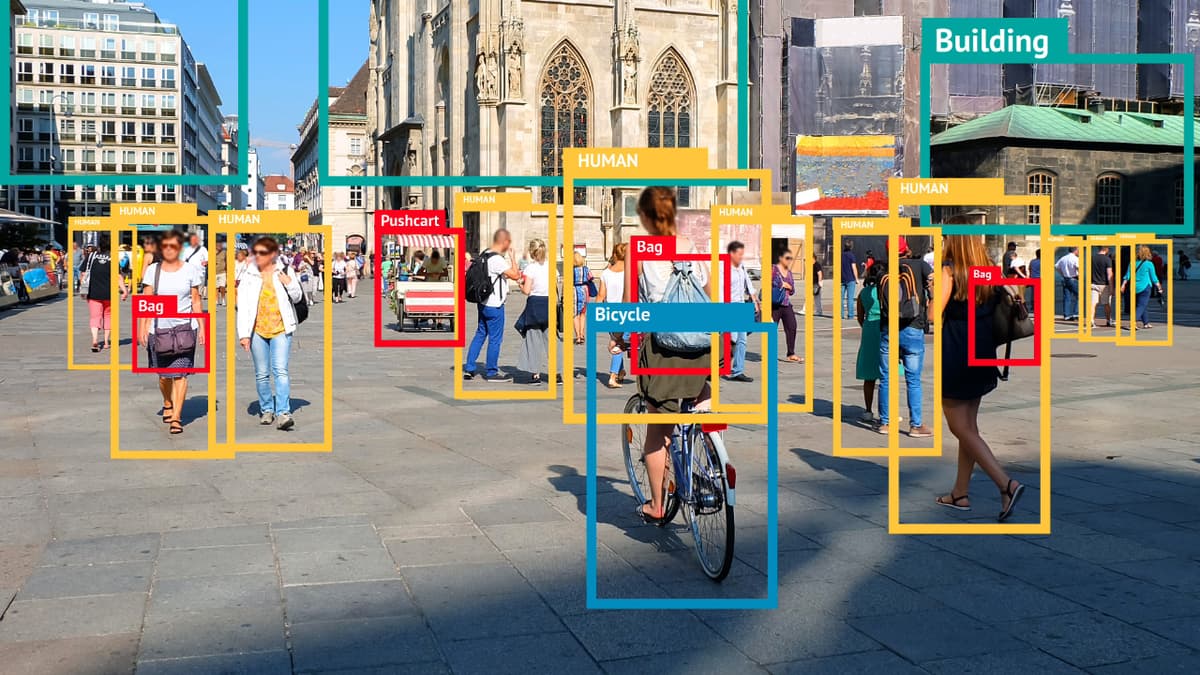Data Labeling: The Unsung Hero in AI Development
In the world of AI, data labeling is really important. It helps AI grow and also creates lots of jobs everywhere. This job is key for teaching AI about the world. It lets lots of different people work in tech, not just those with high-tech skills or big degrees. Data labeling is for everyone and brings jobs, especially to less wealthy places. It shows how AI can make more jobs and help economies grow.
Understanding Data Labeling
Data labeling is the process of tagging or annotating data to make it understandable for AI systems. Imagine showing a child a picture of a cat and telling them, "This is a cat." You're essentially 'labeling' that image for the child. Similarly, in data labeling, humans annotate data – which can be images, text, or other forms – with labels that help AI models learn and recognize patterns.
For instance, in image recognition, each image is tagged with labels that identify objects, people, actions, or scenes. In natural language processing, texts are annotated to highlight sentiment, topics, or entities like names and places.
The Role of Data Labeling in AI Development
Data labeling is crucial for training AI models. An AI system learns to make predictions or decisions based on the labeled data it's fed. The accuracy and reliability of AI predictions depend heavily on the quality and volume of labeled data. Without properly labeled data, AI systems cannot learn effectively, leading to errors or biases in their outputs.
Job Creation in Developing Areas
Data labeling, a crucial but labor-intensive task in AI development, has become a significant source of employment, especially in developing regions. These jobs, accessible to a wider segment of the population due to their minimal educational and technical requirements, have brought about substantial benefits in various ways.
-
Volume and Diversity Requirement:
- High Demand for Labor: AI technologies need a massive amount of data for effective learning, translating into a vast need for human labor to process and label this data.
- Global Sourcing for Diversity: Diverse data inputs help in creating unbiased AI models. Companies often source data from various parts of the world, tapping into the rich cultural and linguistic diversity that different regions offer. This global sourcing not only aids in developing more inclusive AI but also opens up job opportunities in various geographical locations.
-
Accessibility of Tasks:
- Basic Digital Literacy: The tasks involved in data labeling usually require only fundamental computer skills, like identifying and tagging images or texts. This makes these jobs accessible even to those with basic education levels.
- Opportunities for Non-Tech Savvy Individuals: People who might not have a background in technology find these jobs a good entry point into the digital workforce, offering a bridge to the tech world.
-
Remote Work Possibilities:
- Flexibility and Inclusivity: The ability to work remotely has been a game changer, especially in areas with fewer job opportunities. People can work for large, international AI firms without leaving their homes or countries.
- Expansion of Workforce: This remote work model has expanded the workforce, allowing companies to tap into talent pools in remote or less developed areas, bringing economic benefits to these regions.
-
Training and Skill Development:
- Skill Enhancement: Many companies provide training for their data labeling staff, equipping them with new digital skills and enhancing their future job prospects.
- Career Progression: This training can be a stepping stone for individuals to advance to higher-skilled roles within the tech sector, fostering career growth.
-
Economic Impact:
- Stable Income Sources: The influx of data labeling jobs can provide a stable source of income for many, which is particularly valuable in regions with high unemployment rates.
- Contribution to Local Economies: These jobs not only support individual workers and their families but also contribute to the broader economic development of their communities. The spending power of these workers can stimulate local businesses and services, creating a ripple effect in the economy.
AI is not just a playground for the highly educated or those in advanced economies. The foundational work of data labeling provides critical employment opportunities to many in developing areas, contributing to the broader democratization of technology jobs. It's a vivid example of how AI development is intertwined with global economic and workforce dynamics, benefiting a diverse range of people and communities.












